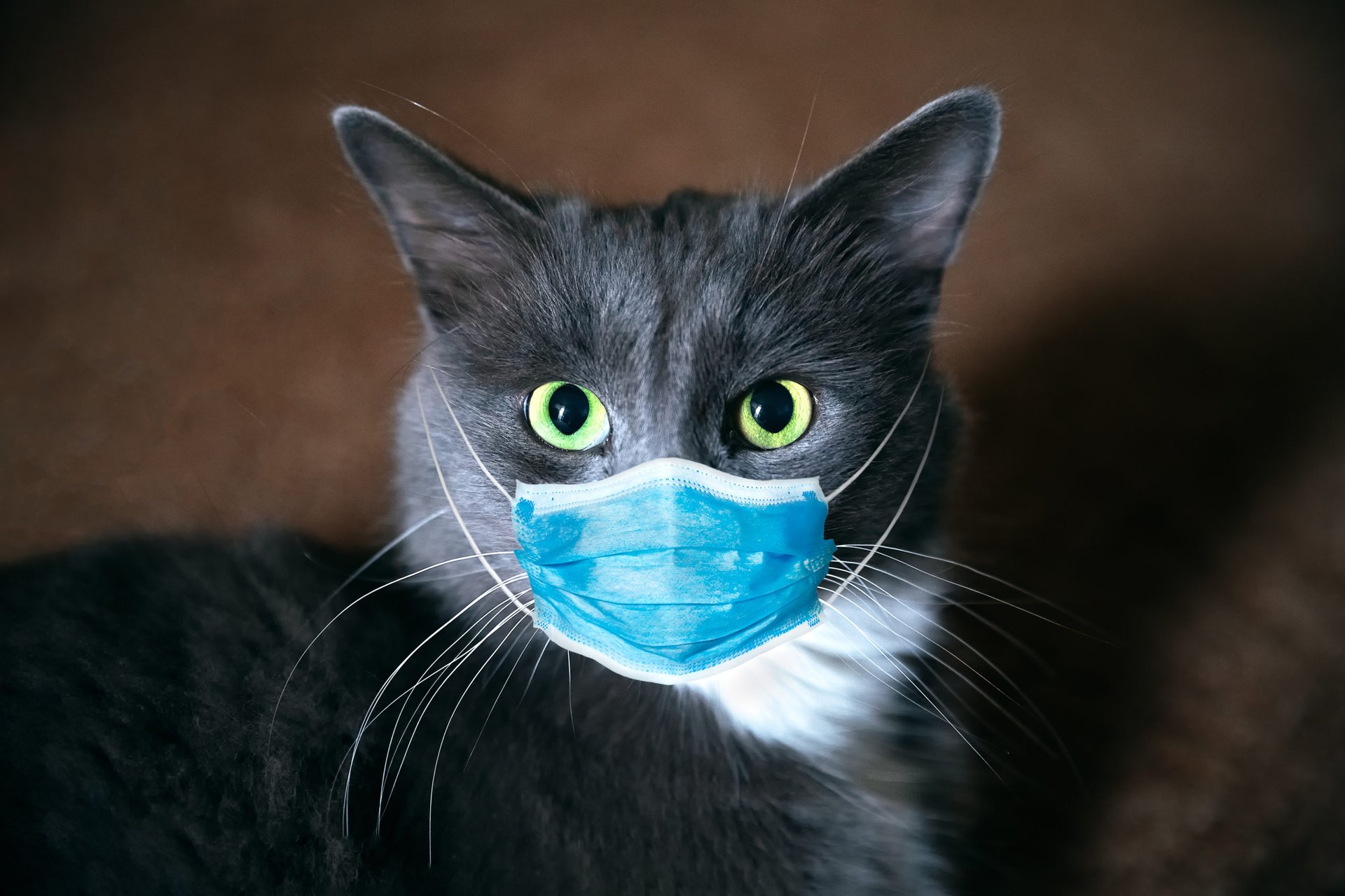
Should social distancing extend to Fido and Fifi?
Pet owners might ask that question after the Centers for Disease Control revealed that two cats in New York state tested positive for the coronavirus. They are the first pets in the U.S. to test positive for the virus that causes COVID-19.
For weeks, experts reassured pet owners that dogs and cats were not at risk for coronavirus infection. However, the news from New York — coupled with other similar stories, such as that of dogs infected in Hong Kong and tigers and lions infected at the Bronx Zoo — seem to contradict the earlier advice.
And in fact, the CDC now says there is a risk after all:
“We are still learning about this virus, but it appears that it can spread from people to animals in some situations.”
Now, before you quarantine your kitty or pup, know that the CDC also has stated that there is no evidence animals play a significant role in spreading the virus.
The agency believes the risk of animals spreading the coronavirus is low. However, the CDC also admits that its judgment is based on limited information.
Keeping your pet — and family — safe
So, what should you do to keep your pets — and your family — safe?
For starters, the CDC recommends keeping your cat or dog from interacting with people or animals outside your immediate household.
Yes, that means if you walk the dog, it also needs to maintain 6 feet of “social distance” from other dogs and people.
For now, avoid taking pets to dog parks and other public places where people and animals gather.
It is believed that close contact with an infected human caused the infections in animals.
So, if you or someone else becomes sick with COVID-19, the CDC recommends isolating that individual from everyone in the household — including any furry friends.
If you are infected and it is impossible to isolate from your pet — such as if you live alone — follow some basic guidelines. These include avoiding:
- Petting or snuggling with your pet
- Allowing your pet to lick you
- Sharing food or bedding with your pet
Wear a cloth face mask covering while caring for your pet. If the pet needs veterinary care, call your vet and explain that you are sick. Ask what options are available — such as telemedicine — that will prevent you from traveling to the vet while you are sick.
Finally, the CDC reminds you to always practice good hygiene when dealing with pets, including washing your hands after handling pets, and their food, waste or supplies. For more on proper hand-washing, check out “Beware These 7 Hand-Washing Mistakes.”
As for the two cats in New York, they are expected to make a full recovery.





Add a Comment
Our Policy: We welcome relevant and respectful comments in order to foster healthy and informative discussions. All other comments may be removed. Comments with links are automatically held for moderation.